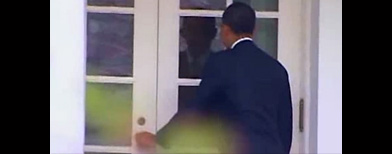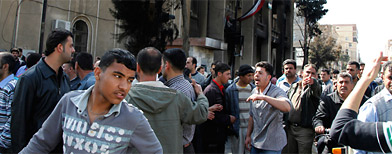A suspected leak in the reactor core could unleash uncontrolled quantities of radiation.
Breach suspected at troubled Japanese power plant
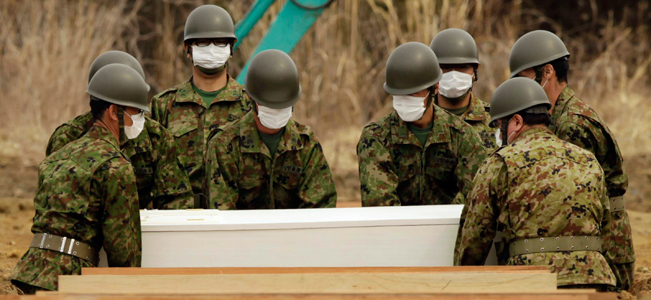
TOKYO – Two weeks after an earthquake and tsunami triggered a crisis at a nuclear plant, the government said Friday there is a suspected breach at a reactor — another setback that would mean radioactive contamination at the facility is more serious than once thought.
Japanese leaders defended their decision not to evacuate people from a wider area around the plant, insisting they are safe if they stay indoors. But officials also said residents may want to voluntarily move to areas with better facilities, since supplies in the tsunami-devastated region are running short.
The escalation in the nuclear plant crisis came as the death toll from the quake and tsunami passed the grim milestone of 10,000 on Friday. Across the battered northeast coast, hundreds of thousands of people whose homes were destroyed still have no power, no hot meals and, in many cases, no showers for 14 days.
The uncertain nuclear situation again halted work at the Fukushima Dai-ichi complex, where authorities have been scrambling to stop the overheated facility from leaking dangerous radiation. Low levels of radiation have been seeping out since the March 11 quake and tsunami knocked out the plant's cooling system, but a breach could mean a much larger release of contaminants. The most likely consequence would be contamination of the groundwater.
The escalation in the nuclear plant crisis came as the death toll from the quake and tsunami passed the grim milestone of 10,000 on Friday. Across the battered northeast coast, hundreds of thousands of people whose homes were destroyed still have no power, no hot meals and, in many cases, no showers for 14 days.
The uncertain nuclear situation again halted work at the Fukushima Dai-ichi complex, where authorities have been scrambling to stop the overheated facility from leaking dangerous radiation. Low levels of radiation have been seeping out since the March 11 quake and tsunami knocked out the plant's cooling system, but a breach could mean a much larger release of contaminants. The most likely consequence would be contamination of the groundwater.
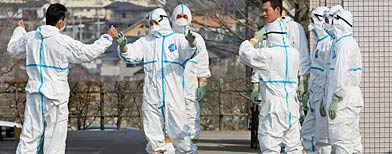

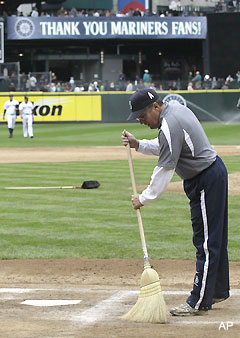 If you think about it, most ballpark giveaways aren't very eco-friendly. Cheap caps, thin T-shirt and flimsy seat cushions are inevitably thrust to the back of a closet and then they find a landfill a few years later. Not exactly a good use of resources.
If you think about it, most ballpark giveaways aren't very eco-friendly. Cheap caps, thin T-shirt and flimsy seat cushions are inevitably thrust to the back of a closet and then they find a landfill a few years later. Not exactly a good use of resources.